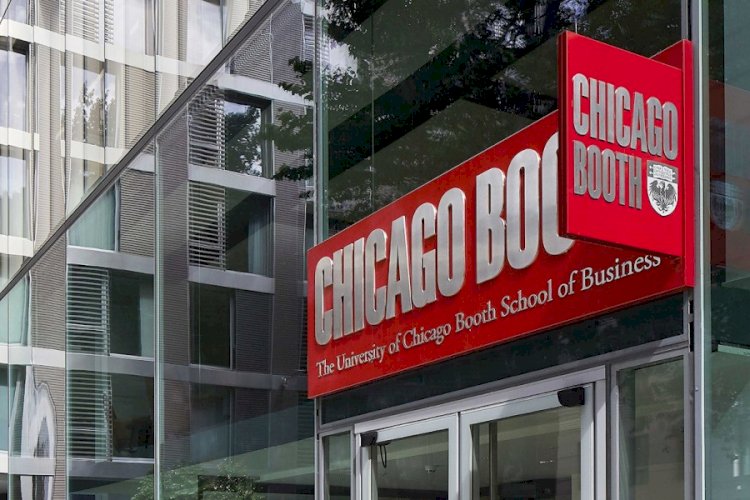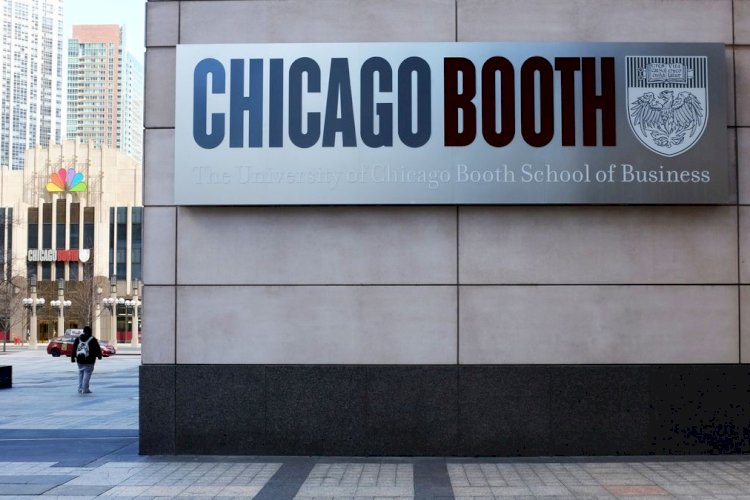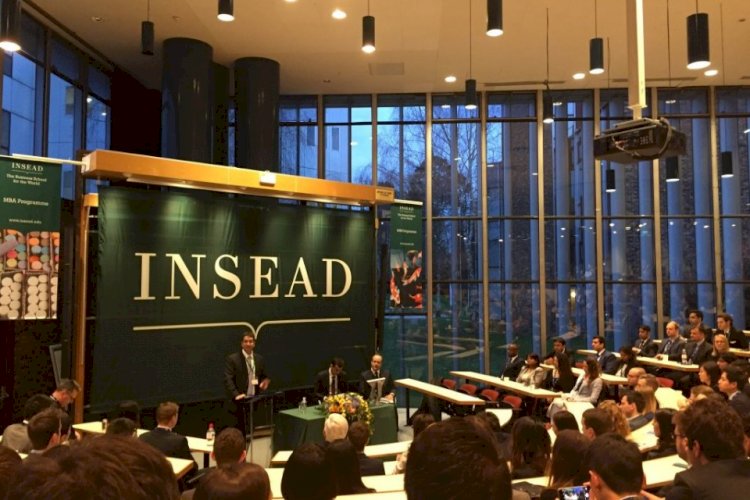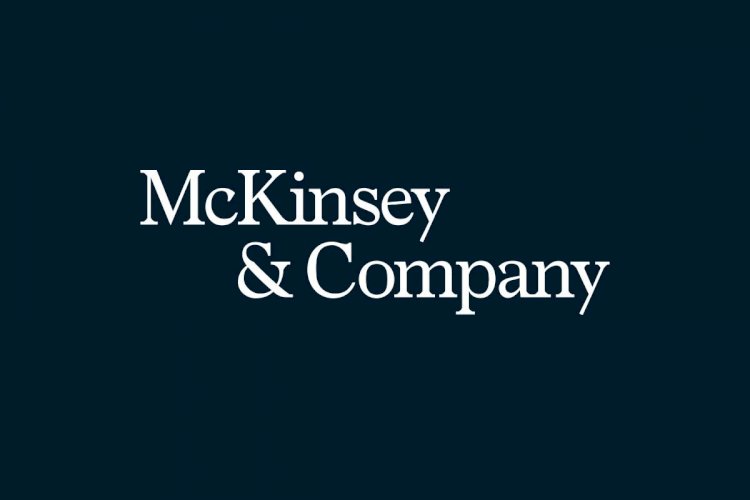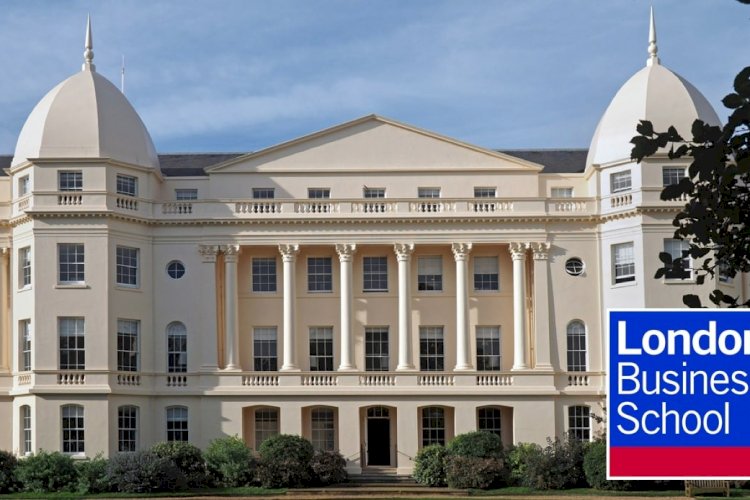
Since the time of its inception, MBA degrees have held a lot of weight in the profile of a job applicant. In fact, even seasoned professionals understand the value of an MBA and the number of career prospects that the degree would open up. Many professionals contemplate the amount of time and money they would require and whether the decision to take a career break and join an MBA program is worth it. At times, they come up short on both time and money. However, to help students who find themselves lacking in both these regards, many top universities have begun to offer Accelerated MBA programs in their curriculum.
If you are one of those who are determined to pursue an MBA but feel that an accelerated program might be a better chance, this article will answer your questions regarding the program.
Regular MBA vs Accelerated MBA
Many professionals realize the significance of an MBA and the doors of opportunities it opens for them. There are many, who are still apprehensive, primarily about the time that they need to take off from work to both, prepare for and pursue a typical MBA degree. Many business schools have recognized this concern and have come up with an innovative solution: the accelerated MBA programs. The criteria upon which you can decide which is better for you boils down to your career goals and undergraduate experience.
Both of these programs will require you to learn the same subjects. After your graduation is over, your workplace would treat both the accelerated MBA degree and the regular MBA degree the same. While the regular MBA degree usually is a two-year-long program, the Accelerated MBA degree would take twelve to fifteen months to complete. The curriculum is delivered in a strict manner, the class schedule is kept tight, and you might not get any time off from your studies. The workload increases because of the restricted time and no difference in the course material. Most colleges will have a difference in the cost of both programs too.
Why choose an Accelerated MBA program?
There is no shying away from the fact that a student will be more burdened with coursework in an Accelerated MBA program as opposed to the regular program. However, there are a few upsides to this program too. Many surveys have disclosed that the one year program piqued the interest of students mainly because they could enter the workforce faster and with the same knowledge as that dispensed by the regular MBA programs. Another great reason is this course saves the students both time and money.
I should add that the right candidate for the accelerated program should have extensive business experience. Networking at your business school is a minuscule part of your day-to-day, but it will draw herculean results. Students do not get time to foster relationships with peers and professors due to the tight schedule and they do not have time for summer internships either. This is why the accelerated program is mostly preferred by working professionals.
Schools offering Accelerated MBA programs?
Till some years ago, one-year programs were popular only in Europe. However, with time the USA and other countries have also caught up with the trend. Few business schools that offer one-year courses include INSEAD, London Business School, The University of Chicago Booth School of Business, Johnson Graduate School of Management Cornell to name a few.
Criteria for application
An accelerated MBA requires you to have an academic background in business or economics. In case you do not have such a background, you must take courses in finance, statistics and other topics before they apply.
Several schools offer alternative programs for students from other fields. For instance, Suffolk University allows attorneys to get credit for work done in law school. Working professionals can check their prospective courses and get an accelerated business degree through alternate means. Chicago Booth opened an accelerated course for its undergraduate students. The program is an addition to an already established Chicago Booth scholars program. If an undergrad student in the third or fourth year is accepted into this program, they may take up to six business courses in their undergrad studies itself, which would later count towards an MBA.
The one-year MBA program is not considered ideal for someone looking for a career change or to change their industry since students miss out on summer internships. However, it is an excellent choice for someone who wants to climb up the hierarchical ladder in their industry. However, if you are looking for a traditional MBA experience, you may prefer a regular MBA program of two years.
 MBA Center Global
MBA Center Global 






